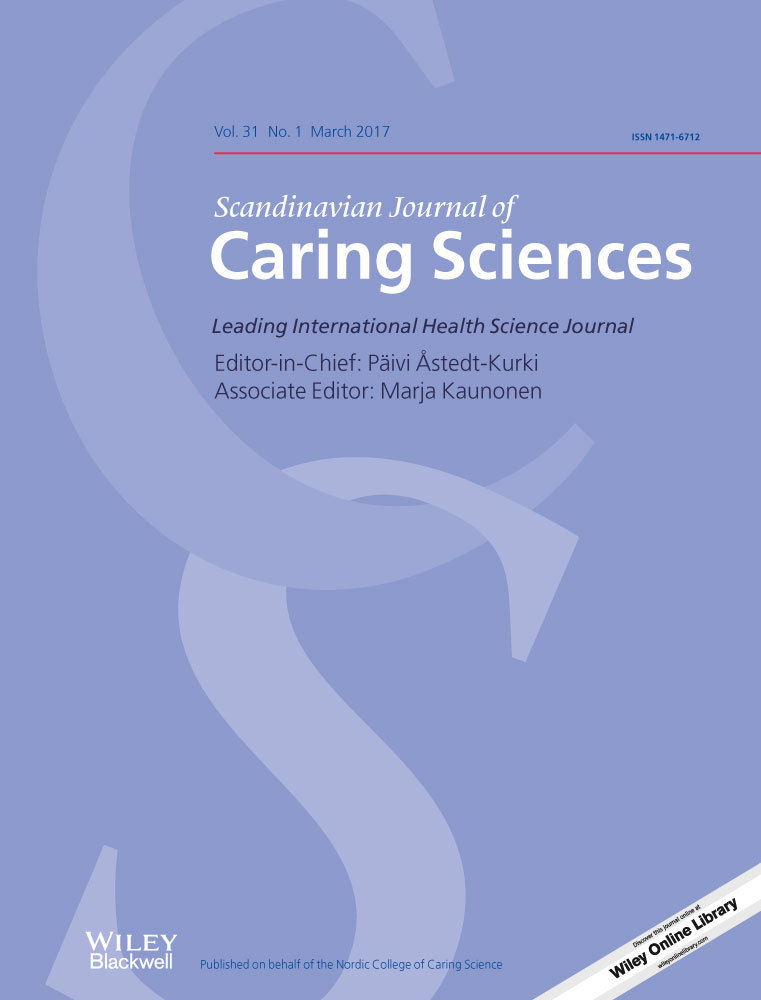Can the everyday technology use questionnaire predict overall functional level among older adults with mild cognitive impairment or mild-stage alzheimer's disease? – a pilot study
Abstract
Introduction
The number of older adults living with mild cognitive impairment (MCI) or mild-stage Alzheimer's disease (AD) is increasing and they are often expected to live in their own homes without support, despite limited ability to perform daily life activities. The Everyday Technology Use Questionnaire (ETUQ) has proven to be able to separate these groups and might also have potential to predict overall functional level (need of assistance in daily life activities) among them.
Aim
To investigate whether the ETUQ can predict overall functional level among older adults with MCI or mild-stage AD.
Method
Participants were older adults with a mean age of 76 years with MCI (n = 28) or mild-stage AD (n = 39). A three-step scale indicating (i) independence, (ii) need for minimal assistance or (iii) need for moderate to maximal assistance in daily life was dichotomised in two ways and used as outcome variables in two logistic regression models. Predictors in both models were perceived ability to use everyday technology (ET) and amount of relevant everyday technologies measured by the ETUQ. Ethical approval was obtained from the regional Ethical Committee.
Result
Perceived ability to use ET discriminated individuals who were independent or in need of minimal support from those in need of moderate to maximal assistance (OR = 1.82, p < 0.01, confidence interval = 95%; 1.76–2.82). The amount of relevant everyday technologies discriminated individuals who were independent from those in need of assistance at any level (OR = 1.39; p < 0.01; confidence interval = 95%; 1.11–1.75).
Conclusion
Both perceived ability to use ET and amount of relevant everyday technologies had potential to predict overall function but at different levels. The findings support the predictive validity of the ETUQ and suggest further research for the development of clinical cut-off criteria.




